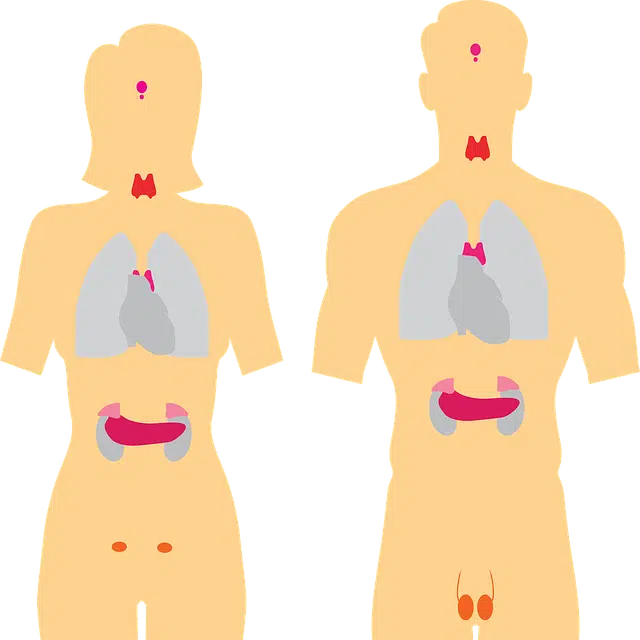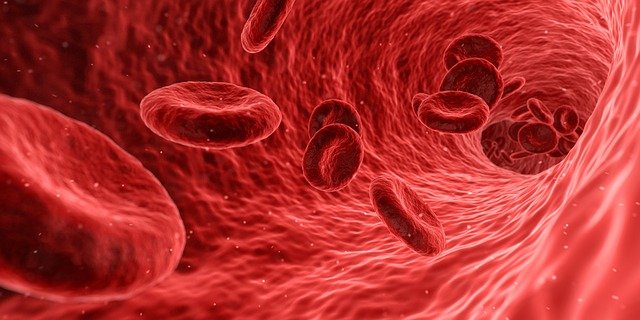
Endocrinology studies the internal secretion glands
Endocrinology is the specialty of medicine that is dedicated to studying the internal secretion glands . The expert in this area, known as an endocrinologist , therefore analyzes the functioning and characteristics of the adrenal glands , testicles , ovaries , pancreas , thymus , thyroid , parathyroid and pituitary gland .
Brief history
The history of endocrinology is very old, as it is based on different discoveries, some more significant than others, that took place over many centuries. It is estimated that the first took place on Chinese soil, around the year 200 BC. C. , when a group of scientists managed to isolate pituitary hormones .
To carry out such a scientific achievement, they used certain highly complex methods, such as sublimation . This process serves to make a substance go from the solid to the gaseous state without passing through the liquid (the opposite is simply known as reverse sublimation ).
The concept of internal secretion , so important in the area of endocrinology, was coined by the French biologist, physiologist and doctor Claude Bernard , who lived between 1813 and 1878. Bernard noticed that the pancreas is responsible for pouring into the bloodstream a product that helps regulate blood sugar levels.
As we mentioned above, the history of endocrinology is made up of many milestones. For example, not all hormones were discovered or treated at the same time; The first was insulin, which scientists Charles Best and Frederick Banting isolated and synthesized in 1921. This hormone originates in structures called pancreatic islets , where glucagon is also produced.
endocrine system
In various parts of the body there are different glands that, together, make up the endocrine system. One of its main characteristics is that its secretion derives directly into the blood. The same hormone can affect several organs, just as the same organ can be affected by different hormones.
If we refer to the definition offered by Bayliss and Starling in 1902, a requirement for a substance to be considered a hormone is that it be produced by an organ, released in small doses into the blood and travel through it until it reaches the organ in the one who must fulfill his function. Today, this is true for almost all hormones, but science contemplates that the hormone can act on a cell close to it, without having to travel through the circulatory system .
Gland diseases
Thanks to endocrinology, it is possible to prevent, diagnose and treat diseases and disorders of the aforementioned glands. Specialists work interdisciplinary with other health professionals, such as neurologists, gynecologists and urologists.
Hyperthyroidism , hypothyroidism , diabetes and goiter are some of the conditions studied by endocrinology. Everything linked to metabolism and hormones is part of the field of this discipline, as are various problems associated with nutrition .
It is important to mention that the glands that make up the endocrine system are responsible for secreting hormones into the bloodstream. Hormones, in turn, can act on organs in different ways.

Many hormones travel through the circulatory system
Hypothyroidism
Take the case of hypothyroidism , one of the most common diseases that endocrinology is responsible for treating. Primary hypothyroidism occurs when the thyroid gland produces an insufficient amount of thyroid hormones. Secondary hypothyroidism , on the other hand, involves an alteration in the generation of the thyroid-stimulating hormone, which takes place in the pituitary gland.
For the treatment of hypothyroidism, endocrinologists indicate the administration of levothyroxine , the synthetic form that replaces thyroxine (the thyroid hormone) and, in this way, covers the deficiency that occurs in the patient's body .
